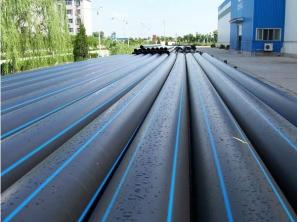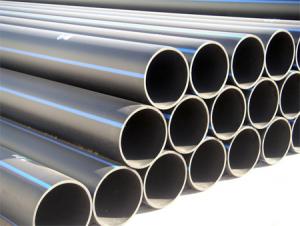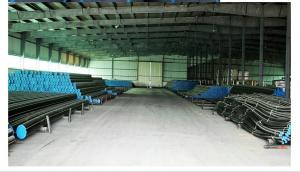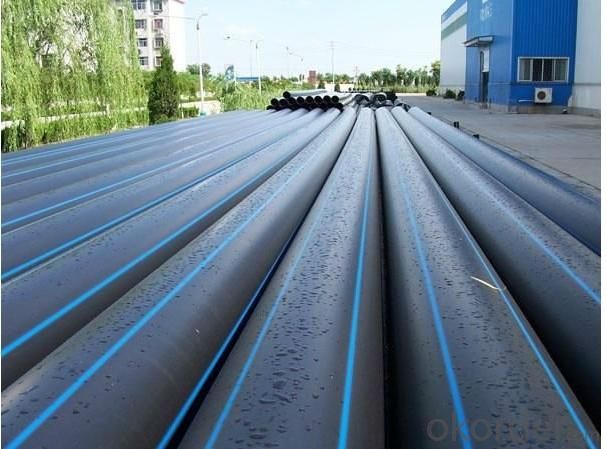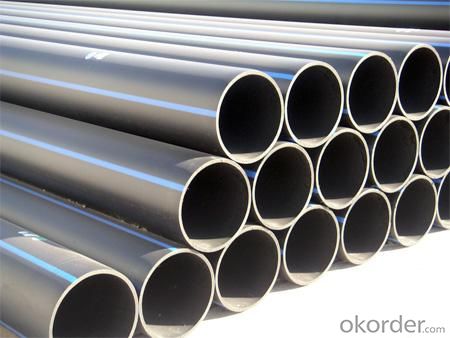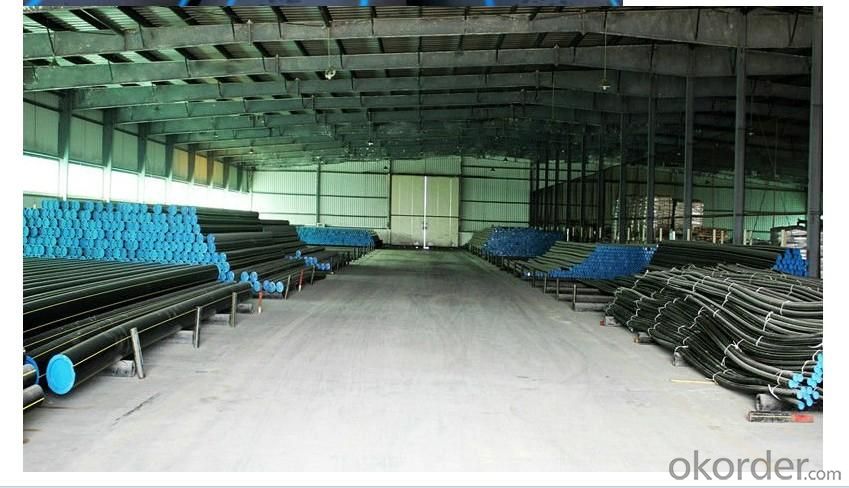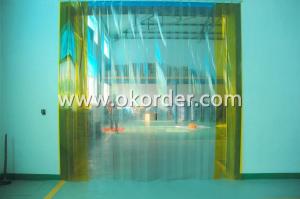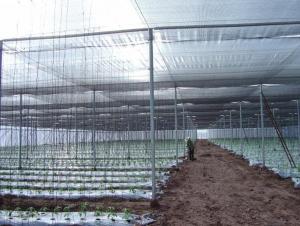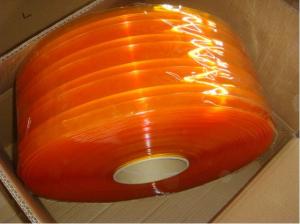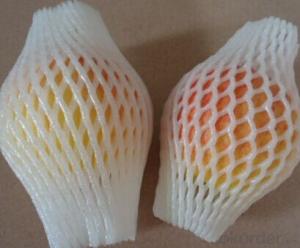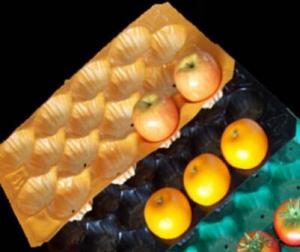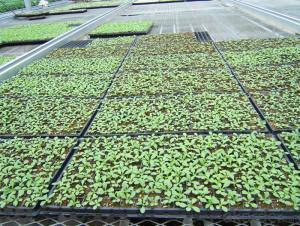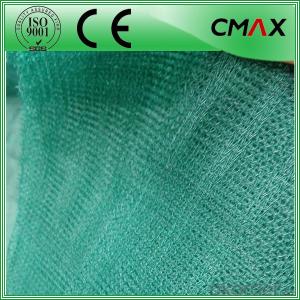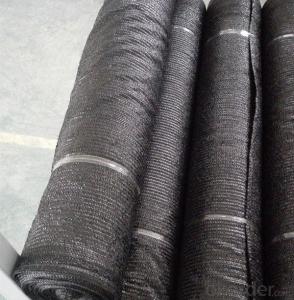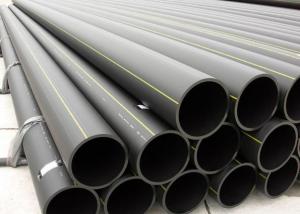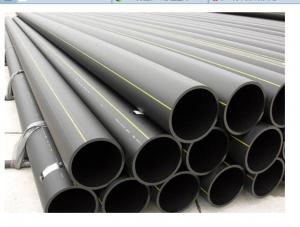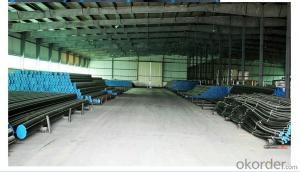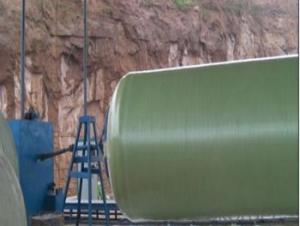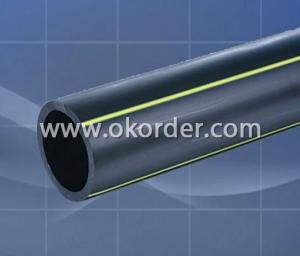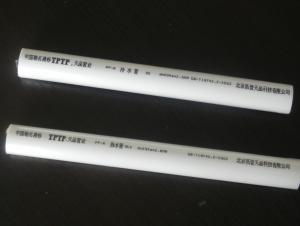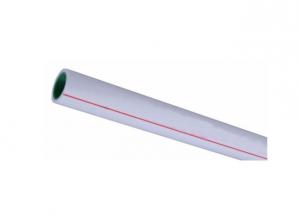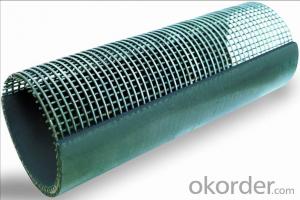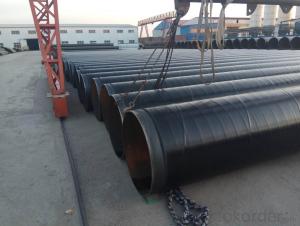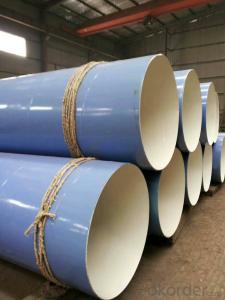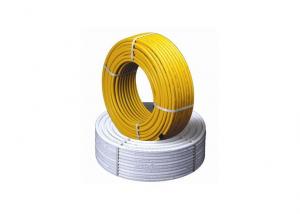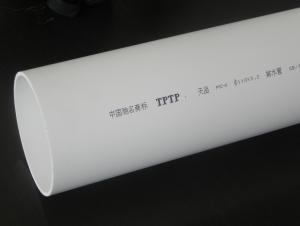Composite HDPE Water Supply Pipes
- Loading Port:
- China Main Port
- Payment Terms:
- TT or LC
- Min Order Qty:
- 5000 Meters m
- Supply Capability:
- 1000000 Meters m/month
OKorder Service Pledge
OKorder Financial Service
You Might Also Like
Product Description of HDPE Water Supply Pipe
Material: PE80/ PE100 (mainly PE 100 now).
Sizes: 20mm--630mm
SDR: SDR11,SDR13.6,SDR17,SDR21,SDR26,SDR33
Pressure: 0.4Mpa(PN4), 0.6Mpa(PN6), 0.8Mpa(PN8), 1.0Mpa(PN10), 1.25Mpa(PN12.5), 1.6Mpa(PN16)
Color: Black or others on request
Connection: Socket-fusion jointed, butt-fusion jointed , electron-fusion jointed, flange jointed
Standard: ISO4427, ISO4437, GB/T 13663-2000
Certification: ISO9001, ISO14001
Application: Water supply, Industries liquids transportation , sewage conduit
Identifies: black water pipe identifies the color at least three blue stripes, and evenly distributed along the pipe circumference
Advantage of HDPE Water Supply Pipe
1.Non-toxic, no heavy metal additives, no fouling, not breed bacterium,
2.Corrosion resistant: PE is inert material and it can resist the corrosion of many chemical mediums,
or electron chemical corrosion. except for few strong oxidants
3.High strength, good performance to resist the environmental stress cracking, good creep
resistance.
4.Good flexibility: small diameters PE pipe for water supply can be coiled and supplied for longer
length, which saves a large number of fittings , PE pipe can be easily shifted according to
requirement of the projects.
5.Light weight ,simple safe and reliable welding technique,convenient construction and lower cost
of the whole engineering,
6.Smooth interior wall, small water resistance, high flow capacity,
7.Long service life :up to 50 years under normal conditions.
8.Recyclable, benefit to the environment
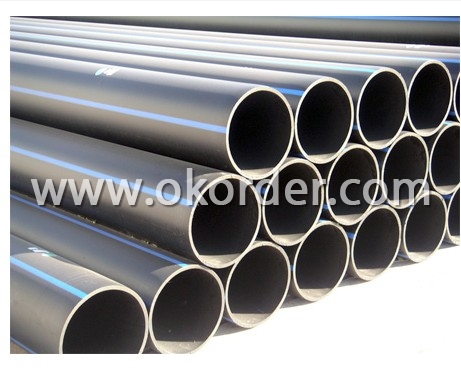
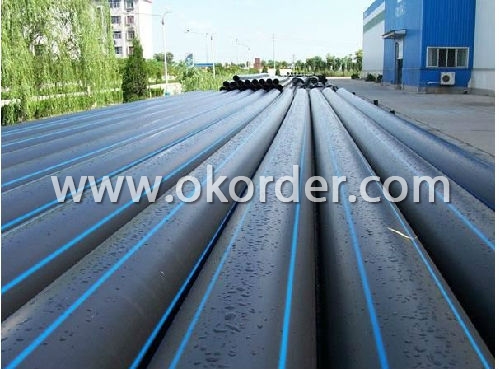
- Q: Can the pE composite pipe be cooled by electric fusion?
- No water can be injected into the pipe during cooling. This is generally encountered in pipeline maintenance, owners eager to supply water, electric melting pipe welding is just good, let the cooling water directly, this method is not very scientific, pipeline after water injection will make the pipeline pressure, and just welded wire mesh frame plastic composite tube well is not completely by internal cooling the pressure will make the welding part again Water Leakage
- Q: Can composite pipes be used for oil and gas pipelines?
- Yes, composite pipes can be used for oil and gas pipelines. Composite pipes offer various advantages such as corrosion resistance, high strength-to-weight ratio, and durability, making them suitable for transporting oil and gas. Additionally, composite materials can withstand harsh environmental conditions and have excellent insulation properties, which can help enhance the efficiency and safety of oil and gas pipelines.
- Q: Can composite pipes be used for hydrogen transportation?
- Yes, composite pipes can be used for hydrogen transportation. Composite materials such as carbon fiber reinforced polymers or reinforced thermoplastic composites are commonly used for their high strength, corrosion resistance, and low weight characteristics, making them suitable for transporting hydrogen safely and efficiently. Additionally, composite pipes can also be designed to meet specific requirements, such as high pressure and temperature resistance, further enhancing their suitability for hydrogen transportation.
- Q: Is there a steel plastic composite pipe in the PPR pipe now?
- Stainless steel PPR: the outside is PPR, and the inner layer is made of stainless steel, just like the stainless steel tube inside the PPR tubeSteady tube PPR: the inner and outer layers are PPR, and the middle layer is stainless steel.
- Q: Are composite pipes compatible with different types of fittings?
- Yes, composite pipes are generally compatible with various types of fittings. Composite pipes are designed to be versatile and can be easily connected to different types of fittings such as couplings, elbows, tees, and valves. They can be used in a wide range of applications, including plumbing, HVAC systems, and industrial processes. However, it is important to ensure that the fittings used are specifically designed for composite pipes to ensure a proper and secure connection.
- Q: Do composite pipes have a high resistance to abrasion?
- No, composite pipes do not have a high resistance to abrasion.
- Q: Can composite pipes be used for effluent treatment plants?
- Yes, composite pipes can be used for effluent treatment plants. Composite pipes are corrosion-resistant, lightweight, and have high strength, making them suitable for the harsh and corrosive environment typically found in effluent treatment plants. Additionally, composite pipes have a long service life and can handle high pressure, making them an ideal choice for conveying effluent in such facilities.
- Q: How do composite pipes handle water hammer?
- Composite pipes are designed to effectively handle water hammer. The unique combination of materials used in their construction, such as fiberglass and resin, provides them with superior strength and flexibility. This allows composite pipes to absorb the shockwaves generated by water hammer, preventing any damage or failure. Additionally, the smooth interior surface of composite pipes helps to minimize turbulence and pressure fluctuations, further reducing the impact of water hammer.
- Q: Are composite pipes resistant to fire?
- Yes, composite pipes are generally resistant to fire. The materials used in their construction, such as fiberglass or carbon fiber reinforced polymers, offer excellent fire resistance properties, making them less susceptible to ignition and combustion. Additionally, composite pipes do not release toxic fumes or gases when exposed to high temperatures, making them a safer choice in fire-prone environments.
- Q: How do composite pipes handle water pressure fluctuations?
- Composite pipes are designed to handle water pressure fluctuations effectively. The composite material used in these pipes provides excellent strength and flexibility, allowing them to withstand varying water pressures without any significant damage or leaks. The composite pipes' structural integrity and resistance to corrosion make them highly durable, ensuring they can handle water pressure fluctuations for an extended period.
1. Manufacturer Overview
| Location | Wuxi,China |
| Year Established | 1998 |
| Annual Output Value | US$1.5 Million - US$2 Million |
| Main Markets | South America Eastern Europe Southeast Asia Africa Oceania Mid East Eastern Asia |
| Company Certifications | NONE |
2. Manufacturer Certificates
| a) Certification Name | |
| Range | |
| Reference | |
| Validity Period |
3. Manufacturer Capability
| a) Trade Capacity | |
| Nearest Port | Shanghai |
| Export Percentage | 50% |
| No.of Employees in Trade Department | 6-10 People |
| Language Spoken: | English, Chinese |
| b) Factory Information | |
| Factory Size: | 5,000-10,000 square meters |
| No. of Production Lines | 5 |
| Contract Manufacturing | OEM Service Offered;Design Service Offered;Buyer Label Offered |
| Product Price Range | Average |
Send your message to us
Composite HDPE Water Supply Pipes
- Loading Port:
- China Main Port
- Payment Terms:
- TT or LC
- Min Order Qty:
- 5000 Meters m
- Supply Capability:
- 1000000 Meters m/month
OKorder Service Pledge
OKorder Financial Service
Similar products
Hot products
Hot Searches
Related keywords
